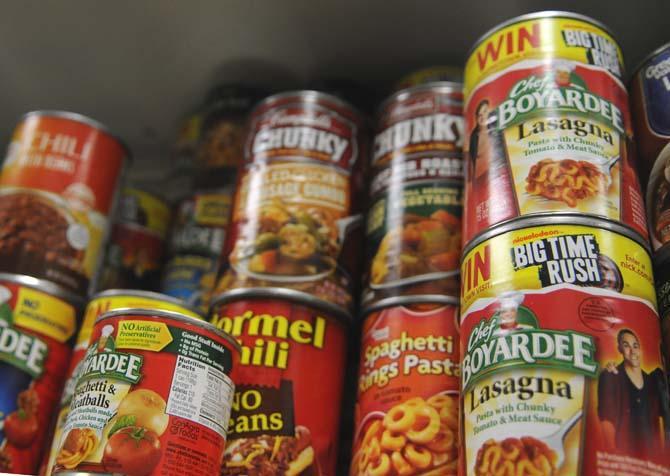Last week, Louisiana lawmakers decided 64,000 people in the state will starve if they don’t find work by January.
Louisiana will cut its Supplemental Nutrition Assistance Program benefits because the Department of Children and Family Services didn’t apply for an extension on the federal waiver to exempt Louisiana welfare recipients from the 20 hours a week work requirement for SNAP benefits. Able-bodied recipients 18 to 49 years old with no dependents either have to work 20 hours a week or enroll in a job-training program by January. If they don’t meet those requirements, they’ll lose their food stamps.
This extra qualification for food stamps is theoretically unproblematic. Single, able-bodied adults should have to work just like the rest of us. It’s not fair that some people don’t have to work.
However, we’re not in a theoretical world with variable-proof situations, and life isn’t like a tightly-controlled science experiment. People are born into seemingly inescapable socioeconomic levels. Unemployment might be higher than the national average in some places. For example, you might live in a town where employers
discriminate.
The National Bureau of Economic Research did a field study July 2003. They sent out identical résumés to companies. The only thing they changed were the names: Some résumés had “white-sounding names,” while others had “black-sounding” names. They found that employers are 50 percent more likely to call back the people with white names than people with black names.
If that study is any indicator for Louisiana, then this work requirement for food stamps will disproportionately harm Louisiana’s black residents over something they can’t control.
Racial problems aside, Louisiana’s unemployment rate is higher than the national average, which means our residents are systematically disadvantaged compared with other states.
People in states with low unemployment, like Hawaii or New Hampshire, won’t have as much of a problem finding work compared with states with higher unemployment, like Louisiana. Our state’s unemployment rate is 6.6 percent, the 10th highest in the nation and above the national unemployment rate of 5.5 percent.
The federal government shouldn’t use this work requirement in the blanket approach it’s exercised. Connecticut isn’t going to have the same economic problems as Louisiana. Our economies and education levels are too different to use the same formula for food stamps.
This change in policy will also affect some parishes more than others. As of August 2015, at least three parishes have unemployment rates double the national average. Morehouse is at 10.1 percent, West Carroll is at 10.8 percent and East Carroll is at 13.2 percent.
People can’t find work in parishes with double-digit unemployment rates. It’s not their fault they live in an area with high unemployment and can’t find a way out of their situations, and it’s not our place to dismiss these people as lazy leeches on the system.
But this federal law mandates welfare recipients in all states to work at least 20 hours a week. Louisiana used to be exempt because of our high unemployment and high poverty rate, but lawmakers let the exemption expire this year.
Instead of kicking people on government assistance while they’re down, we need to increase our funding for education and job training programs so fewer people rely on the system. Forcing people off it is not the humane thing to do.
Cody Sibley is a 19-year-old mass communication sophomore from Opelousas, Louisiana. You can reach him on Twitter at @CodySibley.
Opinion: Louisiana’s new SNAP policy leaves many hungry
By Cody Sibley
October 5, 2015
Cans of food that have been donated to the food pantry during the holiday season.
More to Discover










